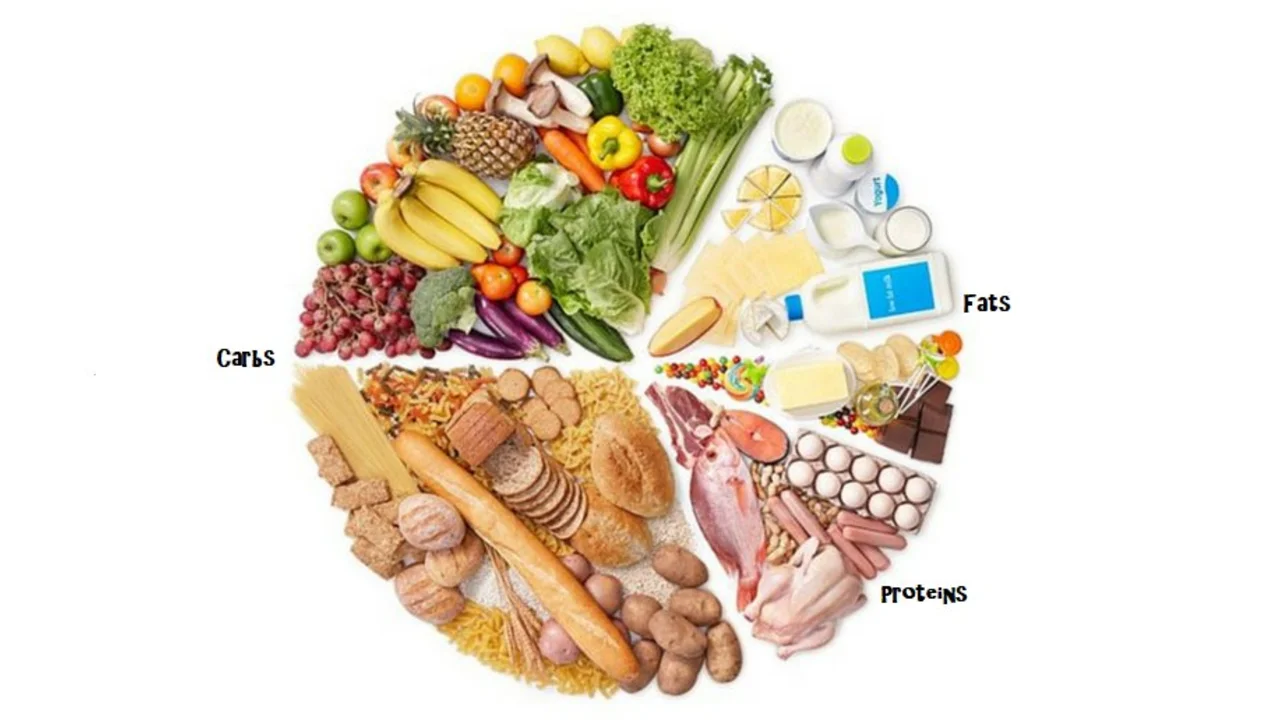
Understanding Valproic Acid: What it is and How it Works
Let me take you on a fascinating journey. A journey all about dietary considerations while on Valproic Acid. For those who aren't familiar, Valproic Acid is a medication primarily used to handle epilepsy and bipolar disorder, and less commonly for depression and migraines. It's not a raspberry smoothie; it's not a spoonful of Nutella; it's medicine with a pretty serious job. We're talking superhero level responsibility here, folks!
The way Valproic Acid works is a riveting tale of biochemical wizardry. Without turning this into a class of biochemistry, it essentially increases the amount of gamma-aminobutyric acid (GABA) in the brain. Our brains use this GABA as a sort of pacifier, calming down the nerve cells that are having a fit, and as Roy likes to say — it's the brain's "chill pill". Now wouldn't we all love to have more of that!
The Interaction Between Valproic Acid and Nutrition
But why should we care about our diet when we're on medication like Valproic Acid? Well, let me tell you, because understanding this could dramatically affect your comfort and well-being. The funny thing about Valproic Acid is that it doesn't kick back with a mojito and work solo. Oh, no. It invites your nutrition into the party. Intriguing, isn't it? So if your nutrition isn't dressed for the occasion, things could turn a bit sour.
The food you consume and your Valproic Acid stroll down your gut hand in hand, altering how the medication gets absorbed. Certain foods can increase the medication's absorption rate, which might sound like a good thing, but it can also lead to an overdose. Other foods can lessen the absorption, making the medicine less effective. Now that's a sandbox squabble you don't want in your system!
Tips for Managing Your Nutrition While Taking Valproic Acid
So, what should you eat? And what should you avoid? The mysterious world of dietary meets pharmaceutical is fascinating, isn't it? When it comes to Valproic Acid, some nutritional considerations would help you juggle this medication and daily life more smoothly. Foods high in fats can increase medication absorption, so next time you reach for that deep-fried Oreo, perhaps think twice or consult your doctor.
In contrast, if you fill your plate with protein-rich foods like fish, chicken, eggs, and dare I say tofu, then you'll be matching Valproic Acid's pace better. These proteins are steady uplifting beats to Valproic Acid's pop melody, helping the medication get absorbed just right. So, make that protein shake or go for that sushi lunch!
How Valproic Acid Can Influence Nutrient Levels
The influence game isn't one-sided, my dear friends. Yes, Valproic Acid can also make nutritional changes about as subtly as my Jasper when he wants more video game time. Long-term use of Valproic Acid can decrease levels of carnitine, an amino acid your body needs for energy production. If you're feeling less energetic than a sloth after daily Valproic Acid, that might be why. The solution? Include carnitine-rich foods in your diet, like red meat and dairy. Still not enough? A supplementary carnitine shake might just do the trick!
But that's not all. Valproic Acid can also influence the levels of folate and B-vitamins, leading to hair loss, confusion, fatigue, and even anemia in some cases. Don't roll your eyes at me — these aren't ghost stories meant to scare you. Being informed is being prepared, after all. And as the eminent nutritionist, Adelle Davis, famously said, "We are indeed much more than what we eat, but what we eat can nevertheless help us to be much more than what we are".
The Do's and Don'ts of Using Supplements While on Valproic Acid
Now you might ask, "Helen, can I use supplements while on Valproic Acid?" Stepping onto the supplement express may seem like a good idea, especially when your nutrient levels are lower than Jasper's interest in doing his chores. But it's crucial to consult your doctor before adding any supplement to your regimen.
Supplements are not innocent walnuts you can throw into your diet willy-nilly. They can interact with your medication, maybe even cause more harm than good. For instance, supplements like Ginkgo Biloba can decrease Valproic Acid's effectiveness, as can St. John's Wort. If you're going to supplement, do it wisely and deliberately, like when you choose your donut flavor at the bakery.
So there you have it, my perfectly imperfect summation of Valproic Acid and its fascinating dance with nutrition. It's been quite a ride, hasn't it? Just remember, like a good tango, it takes understanding, communication, and partnership. So, grab your Valproic Acid, put on your finest dietary ensemble, and dance away to the rhythm of well-being!
Write a comment